The Certified Business Analysis Professional (CBAP) certification stands as a prestigious accolade in the realm of business analysis, recognized globally for its rigor and the expertise it signifies. As organizations increasingly seek professionals who can navigate complex business environments and drive strategic initiatives, obtaining the CBAP designation has become a pivotal goal for many seasoned business analysts. However, the path to achieving this certification is fraught with challenges, requiring not only a deep understanding of the Business Analysis Body of Knowledge (BABOK) but also effective study strategies and practical application of knowledge. In this blog, we will explore essential strategies that can empower candidates to approach the CBAP exam with confidence and clarity. From understanding the exam’s structure to employing effective study techniques, our insights aim to demystify the certification process and enhance your chances of success.

Key Takeaways
- Focus on Understanding: Prioritize comprehension of concepts over rote memorization to tackle situational questions effectively.
- Structured Study Plan: Develop a detailed study timeline that accommodates personal commitments while ensuring comprehensive coverage of all Knowledge Areas.
- Practice Math Skills: Strengthen your quantitative analysis abilities, as math-based questions are integral to the exam.
- Engage with BABOK: Regularly consult the BABOK to align your knowledge with exam expectations and terminology.
- Utilize Practice Questions: Regularly practice multiple-choice questions and case studies to familiarize yourself with the exam format and enhance critical thinking skills.
- Leverage Flashcards: Use flashcards for key terms and concepts to reinforce memory retention through active recall.
- Simulate Exam Conditions: Take advantage of exam simulators to experience the test environment, manage time effectively, and build confidence.
By following these proven strategies, you can navigate the complexities of the CBAP exam and emerge successful in your certification journey.
How to pass the CBAP Certification Exam

The CBAP is a standout certification and is among the most sought-after titles in the corporate world. It’s a major affirmation for senior business experts and is being pursued by business experts around the world. But how do you become a CBAP?
Business investigation experts must take a three-and-a-half-hour situational examination based on the BABOK, the Business Analysis Body of Knowledge. Qualified people who pass this exam are granted the title of Certified Business Analysis Professional, or CBAP for short.
Although it may sound cut-and-dry, the truth is that this certification process can be very difficult and time-consuming. But if you follow these tips to pass the CBAP exam, your experience should be much easier!
Check out below the top 11 steps to pass The CBAP exam:
1. Don’t Rely Completely on Memorization—Understand the Concepts
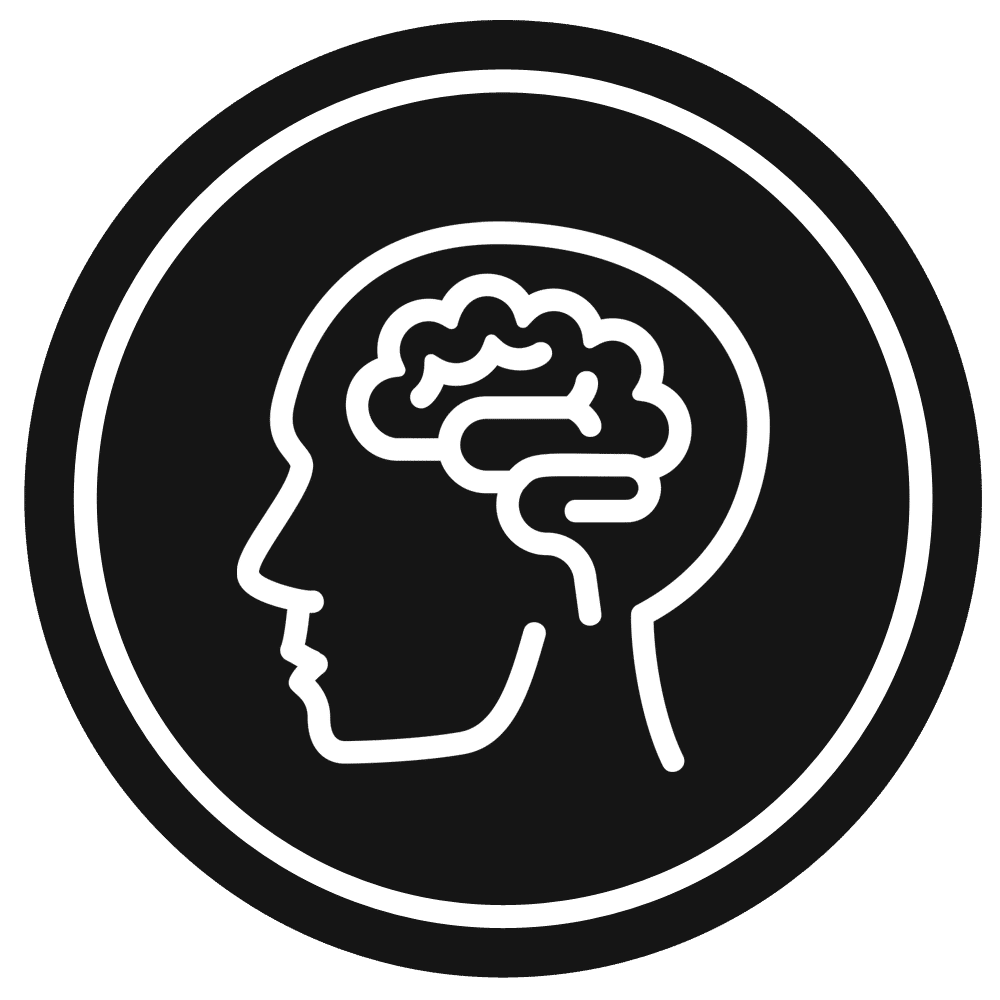
The CBAP (Certified Business Analysis Professional) exam is renowned for its complexity and depth, designed to evaluate a candidate’s ability to think critically and apply their knowledge effectively. Unlike other standardized tests where rote memorization might suffice, the CBAP exam demands a more nuanced understanding of concepts. Here’s why relying solely on memorization is insufficient and how to engage with the material more meaningfully:
Understanding Over Memorization
- Complex Problem-Solving: The exam features situational questions that require analytical thinking. You must apply knowledge to real-world scenarios, necessitating a comprehensive understanding of concepts rather than mere recall.
- Interconnected Knowledge Areas: The exam encompasses multiple Knowledge Areas (KAs) from the BABOK (Business Analysis Body of Knowledge). Understanding how these areas interrelate will help you synthesize information and apply it in various contexts.
Strategies for Deeper Learning
- Active Learning Techniques: Engage with your study material through active reading, summarization, and teaching concepts to others. Discussing topics with peers or study groups can deepen your comprehension.
- Real-Life Applications: Relate theoretical concepts to real-world business analysis scenarios. Analyzing case studies can provide insight into how to apply BABOK principles effectively.
- Practice Questions: Regularly attempt practice questions that mimic the exam’s style. This will familiarize you with the question format and help reinforce your understanding of the material in context.
By prioritizing understanding over memorization, you’ll not only enhance your grasp of the material but also significantly improve your chances of success on the CBAP exam.
2. Set a Detailed CBAP Study Plan

Having an action plan is vital, regardless of what exam you’re getting ready for. Get hold of the best Certified Business Analysis Professional study materials and choose how long you have and how much time you need to get ready for the exam. Don’t even bother taking the test if you know you don’t have enough time to fully prepare yourself.
Defining an objective and trying your best to accomplish it can take you incredibly far in test prep.
Assess Your Current Knowledge
- Evaluate Your Experience: Before crafting your study plan, assess your current knowledge of the BABOK and business analysis concepts. Identify areas where you feel confident and those where you need more focus.
- Set Realistic Goals: Define specific, measurable, achievable, relevant, and time-bound (SMART) goals. For example, aim to complete a certain number of chapters or practice questions each week.
Create a Study Timeline
- Duration of Study: While a typical study period for the CBAP exam is around three months, tailor this timeline to your personal circumstances. Consider your work schedule, family commitments, and other obligations when determining how much time you can realistically dedicate to studying.
- Weekly Breakdown: Divide your study time into weekly segments, focusing on different Knowledge Areas (KAs) each week. This ensures a comprehensive review of all topics covered in the exam. For example:
- Week 1: Business Analysis Planning/Monitoring
- Week 2: Requirements Analysis
- Week 3: Solution Assessment/Validation
- Week 4: Review and Practice Questions
Utilize Effective Study Materials
- Select Quality Resources: Gather the best study materials, including textbooks, online courses, and practice exams. The BABOK guide should be your primary resource, supplemented by additional materials that provide context and examples.
- Incorporate Different Learning Methods: Use a mix of study techniques, such as reading, watching instructional videos, and engaging in group discussions. This variety can enhance retention and understanding.
Regularly Review and Adjust
- Frequent Assessments: Periodically assess your progress with practice exams or quizzes. This will help you identify areas that need additional focus and adjust your study plan accordingly.
- Stay Flexible: Life can be unpredictable. If you find yourself falling behind, adjust your plan rather than stressing about it. Prioritize quality over quantity in your study sessions.
By following these steps and maintaining a disciplined approach, you’ll position yourself for success on the CBAP exam and ensure that you’re fully prepared for the challenges ahead.
3. Practice your math skills

The CBAP (Certified Business Analysis Professional) exam includes a variety of math-based questions that assess your ability to analyze quantitative data, which is crucial for effective business analysis. These questions often take the form of word problems, requiring you to extract relevant information and perform calculations to derive meaningful insights. Here’s how you can prepare effectively for this aspect of the exam:
Key Math Areas to Focus On
- Return on Investment (ROI): Understanding how to calculate ROI is vital, as it helps evaluate the financial benefits of projects. You should be comfortable with the formula:

Practice various scenarios to solidify your grasp of this calculation. - Basic Arithmetic and Algebra: Brush up on fundamental arithmetic operations, percentages, and basic algebraic expressions. Being comfortable with these concepts will help you quickly analyze data presented in the exam.
- Statistical Concepts: Familiarize yourself with basic statistics, including mean, median, mode, and standard deviation. Understanding these concepts will enable you to interpret data sets effectively.
Effective Practice Techniques
- Use Practice Tests: Incorporate math practice questions into your study regimen. Many CBAP prep courses and study materials offer practice exams that simulate the types of math problems you’ll encounter.
- Real-World Applications: Whenever possible, apply mathematical concepts to real business scenarios. For example, calculate the potential ROI for a project at your workplace or analyze data trends in reports.
- Online Resources: Utilize online math resources and calculators to practice complex problems. Websites and apps dedicated to math exercises can provide instant feedback on your progress.
By honing your math skills, you’ll boost your confidence and competence in handling quantitative questions during the CBAP exam, ultimately enhancing your overall performance.
4. Layer Your Learning with BABOK Knowledge Areas
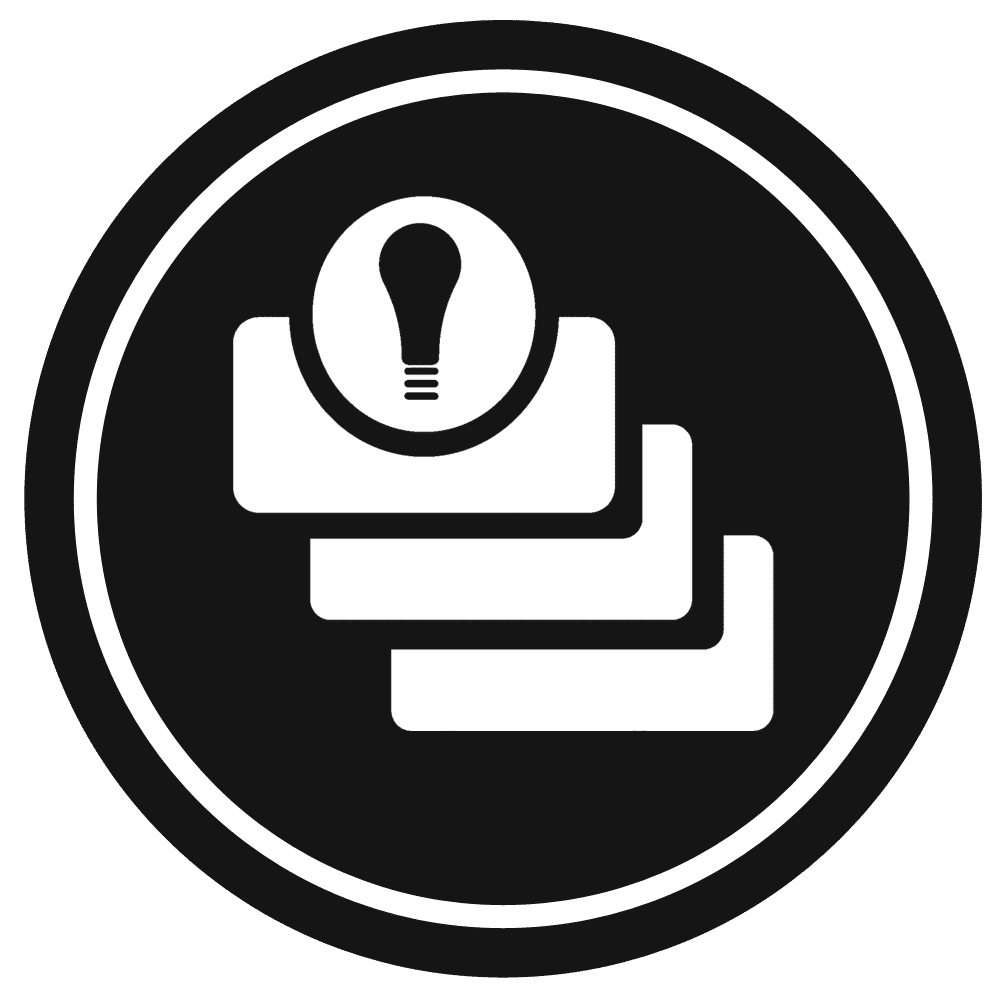
Once you’ve taken some time to brush up on your arithmetic, you should focus on grasping the exam specifics. The CBAP exam is based on several different KAs, short for Knowledge Areas; these are the same KAs in which exam takers are required to be experienced. Consequently, you should have some experience in at least 4 of the 6 KAs, but you still need to layer your study time to emphasize the remaining two.
Understanding the Knowledge Areas
For quick reference, here’s a list of the 6 Knowledge Areas that relate to passing the CBAP exam:
- Business Analysis Planning and Monitoring: This KA focuses on determining how business analysis will be performed, including planning tasks, setting expectations, and monitoring progress.
- Elicitation and Collaboration: Involves gathering business requirements through stakeholder engagement, interviews, workshops, and documentation.
- Requirements Life Cycle Management: Deals with managing requirements and ensuring they are fully traced, from their inception through to implementation.
- Strategy Analysis: Focuses on defining the business needs, assessing current capabilities, and identifying new business opportunities.
- Requirements Analysis and Design Definition: Involves specifying and modeling requirements, validating, and prioritizing them, and evaluating solutions.
- Solution Evaluation: Focuses on assessing the performance of a solution and identifying areas of improvement.
Layering Your Learning Approach
- Prioritize Based on Expertise: Start by focusing on the Knowledge Areas where you already have some experience. Strengthen your understanding of these KAs to ensure you’re confident when faced with questions from these areas.
- Tackle Weaker KAs: Dedicate extra study time to the areas where you have less practical experience. Use study guides, practical case studies, and targeted practice questions to build your knowledge in these areas.
- Combine Concepts: Recognize that these Knowledge Areas often overlap. For example, Requirements Management and Solution Assessment can both be applied during different stages of a project. Building connections between these areas will deepen your understanding and make it easier to apply concepts on exam day.
By layering your learning, you ensure a well-rounded preparation, effectively balancing areas of strength with those that need improvement. This approach ensures comprehensive coverage and enhances your readiness for the CBAP exam.
5. Consult the BABOK Regularly

The BABOK (Business Analysis Body of Knowledge) is the core resource for preparing for the CBAP exam. As the official guide published by the IIBA (International Institute of Business Analysis), it serves as the foundation for the exam’s content and grading system. It’s crucial to rely on this resource for consistent terminology, concepts, and best practices, even if it differs from your professional experience.
Why the BABOK is Essential
- Exam Content Foundation: The BABOK outlines the six Knowledge Areas (KAs) that are central to the CBAP exam, along with tasks, techniques, and competencies that every business analyst should master. Thoroughly understanding these will give you a strong foundation to tackle the exam.
- Standardized Terminology: The BABOK uses precise terms and definitions that may differ from those you’ve encountered in your workplace. Even if you have vast professional experience, the CBAP exam expects you to align your answers with BABOK standards. For example, the way BABOK defines “requirements management” or “elicitation” may vary from industry practices, but it’s crucial to study and use these terms correctly.
How to Use the BABOK Effectively
- Detailed Reading: Study the BABOK with a focus on understanding the reasoning behind each concept. Read thoroughly, ensuring you grasp the intent behind techniques, tasks, and guidelines. Don’t just skim the material—take notes and summarize key points to retain critical information.
- Cross-Reference with Experience: Relate your own experiences to the BABOK standards. This reinforces your learning and can provide a bridge between theoretical concepts and practical applications.
- Resolve Ambiguities: Whenever you encounter ambiguities in your understanding of business analysis concepts, refer back to the BABOK. It should serve as the final word on any discrepancies or uncertainties.
By anchoring your study to the BABOK, you align your understanding with the exam’s expectations, giving you a greater chance of success.
6. Practice MCQs (Multiple Choice Questions)
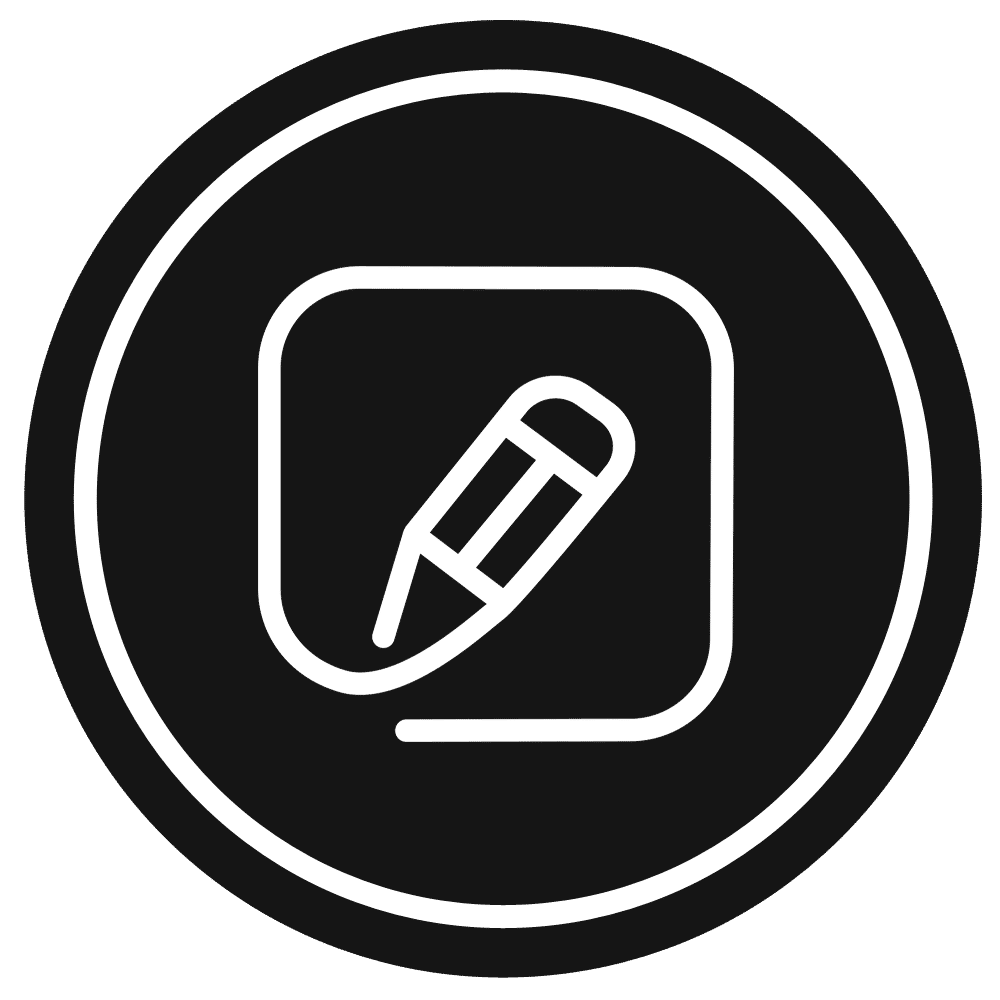
Multiple-choice questions (MCQs) form a significant portion of the CBAP exam, but they are far more complex than simple fact-based questions. These questions are crafted to test not only your knowledge but also your ability to evaluate business scenarios and select the most appropriate solution. To succeed, you must develop strategies that allow you to approach these questions with confidence and precision.
Why MCQs Are Challenging
- Scenario-Based Questions: CBAP MCQs are designed to reflect real-world business analysis challenges. Each question is often embedded in a context or situation, requiring you to apply your knowledge practically.
- Nuanced Options: Unlike traditional MCQs, where one answer is clearly correct, CBAP questions may offer multiple plausible options. Your task is to identify the best or most appropriate choice, which requires critical thinking and a solid grasp of the BABOK content.
Strategies for Effective MCQ Practice
- Take Regular Practice Tests: Frequent practice helps you get used to the structure and complexity of CBAP questions. Use test banks and online resources to access a wide range of sample questions.
- Learn to Eliminate Wrong Answers: One key strategy for success in MCQs is the process of elimination. Focus on narrowing down your options by identifying incorrect or less relevant choices, which increases your chances of selecting the correct answer.
- Time Management: Practicing MCQs also improves your time management skills. Simulating exam conditions with time limits will help you develop the ability to answer questions efficiently under pressure.
Tools and Resources
- Mock Exams & Simulators: Many CBAP preparation courses, such as Simplilearn or Watermark Learning, provide mock exams or simulators. These tools replicate the exam experience, giving you a realistic preview of the types of questions you’ll encounter.
By practicing MCQs diligently and using smart elimination techniques, you’ll be better prepared to tackle the nuanced and scenario-based questions that dominate the CBAP exam.
7. Study Contextual Analyses (Case Studies)

Case study-based questions are a crucial part of the CBAP exam, designed to test your ability to apply business analysis techniques to real-world scenarios. These questions are usually more complex, involving lengthy prompts followed by multiple questions that require detailed analysis and decision-making. To succeed in this section, you must develop a solid approach to interpreting case studies and applying your knowledge effectively.
Why Case Studies Matter
- Real-World Relevance: Case studies reflect practical situations you might encounter in your business analysis career, making this section not just about theoretical knowledge but also about how well you can apply it in real life.
- Critical Thinking: These questions go beyond rote learning and require a deep understanding of business analysis processes. You must analyze information, identify relevant data, and make strategic decisions based on the scenario presented.
Strategies for Tackling Case Study Questions
- Critical Reading: Start by skimming the case study to get a general understanding of the scenario. Identify key points such as stakeholders, objectives, and challenges. Then, go back and read the case in detail, ensuring you understand the relationships and dependencies within the scenario.
- Break Down the Information: Divide the case into sections based on what’s being asked. Focus on one question at a time, and identify which Knowledge Areas (KAs) from the BABOK are relevant. This helps you apply targeted analysis to each part of the case study.
- Use Structured Problem-Solving: Approach the questions using structured analysis techniques. For example, you might use SWOT analysis (Strengths, Weaknesses, Opportunities, Threats) or root cause analysis to break down the problem and develop a solution.
Practice Makes Perfect
- Mock Case Studies: Practice with as many case study-based questions as possible. Mock exams and online resources often provide excellent case study examples. Analyze each case thoroughly, paying close attention to how the questions are structured.
- Time Management: These questions can be time-consuming. Develop a strategy to allocate a set amount of time to each question, ensuring you don’t spend too long on one case and neglect others in the exam.
By mastering contextual analyses, you’ll be better prepared to handle the practical scenarios presented in the CBAP exam and improve your overall performance.
8. Demonstrate your knowledge
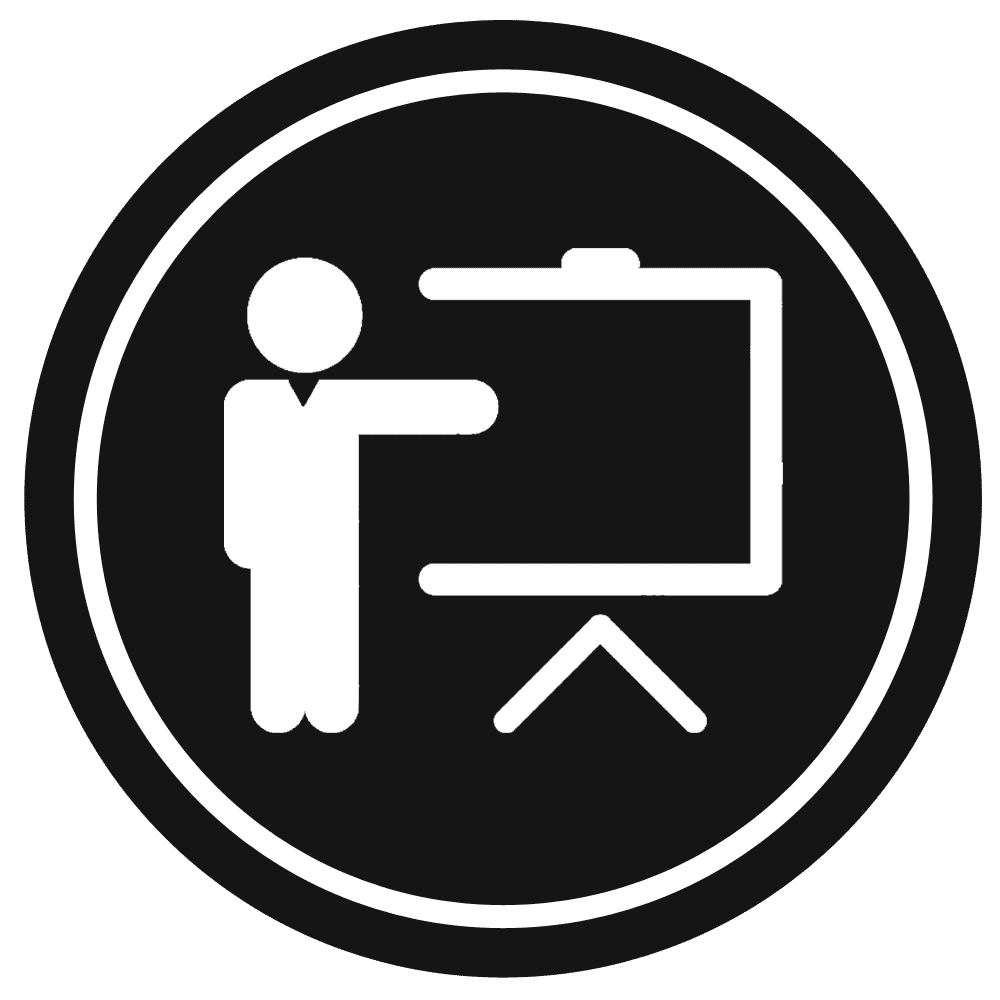
While studying and retaining the material from the BABOK (Business Analysis Body of Knowledge) is essential, the CBAP exam takes it a step further by testing your ability to apply this knowledge in real-world scenarios. Simply knowing the concepts isn’t enough—you must demonstrate how these concepts work in practice. This is especially true given the exam’s emphasis on situational questions, where your ability to analyze, interpret, and make decisions is key.
Importance of Application
- Situational-Based Questions: The CBAP exam isn’t just about theory. You’ll be presented with situational conditions that require a deep understanding of how the six Knowledge Areas (KAs) interact in practical settings. Knowing how to assess and respond to these scenarios with appropriate methods is critical.
- Linking Theory to Experience: As a seasoned business analyst, you must combine your real-world experience with the concepts from the BABOK. This requires not just memorizing facts, but understanding how to apply techniques like elicitation, requirement analysis, and solution validation in everyday business settings.
Strategies to Demonstrate Knowledge
- Use Real-World Examples: During preparation, relate BABOK concepts to examples from your career. By reviewing case studies or recalling your own experiences in business analysis, you’ll sharpen your ability to identify the best approach to various scenarios.
- Focus on Practical Knowledge: Knowing the methodologies, tools, and techniques in BABOK is crucial. However, you should also focus on how they play out in dynamic business environments, such as how to address stakeholder concerns or manage solution assessments under tight deadlines.
- Practice Scenario-Based Questions: Regularly practice questions that mirror real-world situations. This will help you not only recall relevant BABOK knowledge but also build your confidence in applying it effectively in different contexts.
By demonstrating your knowledge and showcasing your ability to apply it in practical scenarios, you position yourself well to succeed in the CBAP exam.
9. Use CBAP Exam Flash Cards

It’s true that the very first tip mentioned here states that you shouldn’t rely on memorization to carry you through the test. That point still stands; however, you shouldn’t disregard memorization entirely since it can still help you understand certain terms and formulas. The best way to enhance your memory in these areas is to use flashcards multiple times during your study period. This is a fun and refreshing method to boost your memory that can even be done with a partner or study group. You can make physical cards for yourself, find some online through a program or app, or buy a deck from an educational company. Additionally, some test prep courses like Simplilearn will provide flashcards for this very purpose.
Why Flashcards Are Effective
- Active Recall: Flashcards encourage active engagement with the material by prompting you to recall information from memory, which strengthens retention over time.
- Spaced Repetition: Reviewing flashcards multiple times over a period ensures that the information stays fresh in your mind. This method is especially effective for concepts you might forget if left unreviewed for long stretches.
- Portable and Flexible: Flashcards can be used anywhere, whether you’re commuting, taking a break, or studying with friends. You can fit in short, efficient study sessions throughout your day.
How to Use Flashcards for the CBAP Exam
- Target Key Terms and Concepts: Focus on memorizing definitions, formulas, and specific BABOK terms that are frequently tested on the exam. This ensures that you have a solid grasp of the foundational knowledge.
- Create Custom Flashcards: You can create physical flashcards or use apps like Anki or Quizlet to build digital decks. Customize the cards to cover concepts you find challenging, and categorize them by Knowledge Area for better organization.
- Collaborate in Study Groups: Flashcards can also be a collaborative tool. Study groups can use them to quiz each other, helping reinforce learning in a fun and interactive way.
Leverage Prep Course Flashcards
Many CBAP prep courses, like those offered by Simplilearn or Watermark Learning, include flashcard sets tailored to the exam content. These professionally created flashcards are designed to align with the BABOK and can save you time while providing high-quality study material.
By incorporating flashcards into your study plan, you can improve your retention of essential information, making it easier to tackle the more complex aspects of the CBAP exam.
10. Use a CBAP Exam Simulator

An extremely effective method to test your insight is by finding or making a CBAP test simulation. Many prep course companies like Simplilearn provide accurate replicas of the full exam which can help you acclimate to the test structure and time constraints. However, you will achieve the best results by going all the way with the simulation experience by turning your physical study space into a replica testing center. This is the most effective way by far to reduce pre-exam anxiety, which can otherwise have a disastrous effect on your final CBAP score.
Benefits of a CBAP Exam Simulator
- Realistic Exam Experience: A good simulator mirrors the actual CBAP exam in terms of structure, question types, and difficulty. This helps you become familiar with the types of questions and the overall format, making the real exam feel less intimidating.
- Time Management Practice: The CBAP exam is timed, so learning how to pace yourself is critical. Simulators help you practice completing the test within the allotted three-and-a-half hours, ensuring you don’t run out of time or rush through sections.
- Self-Assessment: Simulators provide detailed feedback on your performance, allowing you to identify areas where you’re strong and where you need more review. This targeted feedback ensures your study time is used effectively to improve weaker areas.
Maximizing Your Simulator Experience
- Simulate Real Exam Conditions: Set up a quiet, distraction-free environment and time yourself strictly as you would during the actual exam. This will help you adapt to exam-day stress and reduce anxiety.
- Track Progress: Use the simulator results to track your progress over time. Retaking the practice exams allows you to measure improvement and build your confidence before the real test.
- Diversify Your Practice: If possible, use multiple simulators. Different providers may offer slightly varied question types or areas of focus, giving you a broader preparation base.
By integrating a CBAP exam simulator into your study routine, you can fine-tune your exam strategy, improve your performance under timed conditions, and ultimately boost your confidence—giving you a significant edge when it’s time to take the actual CBAP exam.
11. Take a CBAP Prep Course

While all the steps mentioned in this guide can help you prepare for the CBAP exam, it’s essential to recognize that preparing for this challenging certification requires a significant time investment. Crafting a detailed study plan, finding reliable practice materials, and managing your time effectively can feel overwhelming, especially with the amount of content to cover. However, enrolling in a CBAP prep course can simplify the entire process and fast-track your success.
Benefits of a CBAP Prep Course
- Structured Learning: Prep courses provide a structured path, breaking down the BABOK content into manageable sections. You can follow a clear curriculum, ensuring you cover all essential areas without missing anything critical.
- Access to Expert Instructors: Many courses are led by certified business analysis professionals with years of experience. They can offer insights beyond the textbook, helping you understand how to apply concepts practically and answer any questions you may have.
- Practice Exams and Study Materials: A reputable prep course typically includes a variety of practice exams, flashcards, and quizzes, enabling you to test your knowledge and track your progress. These practice tests simulate the actual CBAP exam environment, making you more comfortable and confident when the time comes.
- Peer Support and Networking: Joining a prep course often means interacting with other CBAP aspirants. You can exchange ideas, discuss study strategies, and provide mutual support. Some courses offer access to online forums or groups for ongoing engagement.
Choosing the Right CBAP Prep Course
When selecting a prep course, opt for one that offers comprehensive content, flexible learning options (online or in-person), and good reviews. Simplilearn, for example, is a well-known provider offering an all-in-one CBAP certification package. Their program includes live instructor-led training, self-paced learning materials, and simulation exams to ensure you’re well-prepared for exam day.
Ultimately, enrolling in a CBAP prep course not only saves you time but also boosts your confidence and preparedness, providing a solid foundation for passing the exam.
12. Sleep well
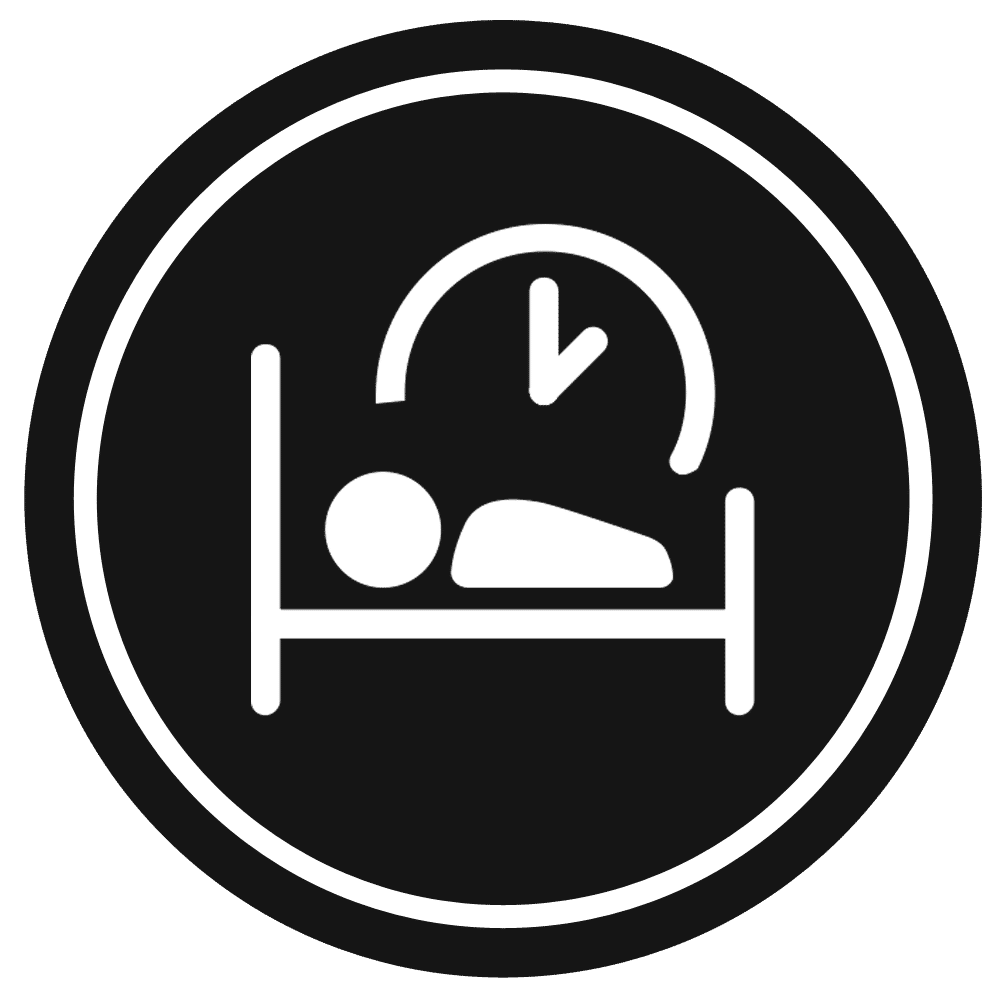
Last but not least, ensure you get a decent amount of sleep for your entire study schedule. Sleep is an important part of the brain’s healing and regulation process; staying well-rested will ensure that you actually remember everything you study for the exam! The most important thing is that you have a full night of solid rest right before taking the exam. This will help you to take this challenging test with your full strength and can also reduce your pre-test anxiety.
The Importance of Sleep in Learning
- Memory Consolidation: During sleep, your brain processes and organizes information learned throughout the day. This consolidation is vital for retaining concepts and details necessary for the CBAP exam. A study by Walker and Stickgold (2006) suggests that sleep enhances memory retention, helping you recall information more effectively.
- Cognitive Function: Adequate sleep improves focus, attention, and problem-solving skills. Lack of sleep can impair these cognitive functions, making it difficult to think critically or analyze complex scenarios during the exam.
Tips for Ensuring Quality Sleep
- Establish a Sleep Schedule: Aim for 7-9 hours of sleep each night by going to bed and waking up at the same time daily. This consistency helps regulate your body’s internal clock and improves sleep quality.
- Create a Restful Environment: Ensure your sleeping environment is conducive to rest by keeping it dark, cool, and quiet. Consider using earplugs or an eye mask if necessary.
- Limit Screen Time Before Bed: The blue light emitted by screens can disrupt your body’s production of melatonin, a hormone that regulates sleep. Aim to disconnect from electronic devices at least an hour before bedtime.
The Night Before the Exam
- Get a Full Night’s Rest: The night before the CBAP exam, prioritize sleep above all else. A well-rested mind is more alert, which can enhance your performance during the test.
- Relaxation Techniques: To reduce pre-exam anxiety and promote better sleep, consider incorporating relaxation techniques, such as deep breathing, meditation, or light stretching, into your evening routine.
In conclusion, integrating adequate sleep into your study plan is vital for maximizing retention and performing your best on the CBAP exam. Prioritize sleep to approach the test with confidence and clarity. Good luck on your CBAP journey!
FAQs About the CBAP Exam
What is the CBAP certification?
The Certified Business Analysis Professional (CBAP) certification is a globally recognized credential awarded by the International Institute of Business Analysis (IIBA). It signifies a professional’s advanced knowledge and skills in business analysis, demonstrating their ability to effectively perform tasks outlined in the Business Analysis Body of Knowledge (BABOK). This certification is particularly valuable for senior business analysts and those looking to advance their careers in business analysis.
Who is eligible to take the CBAP exam?
To qualify for the CBAP exam, candidates must meet specific criteria set by IIBA. This includes having at least 7,500 hours of business analysis experience over the last ten years, with a minimum of 900 hours in four of the six Knowledge Areas defined by BABOK. Additionally, candidates must have completed at least 35 hours of professional development in business analysis within the last four years. This ensures that applicants possess both practical experience and theoretical knowledge.
How long is the CBAP exam?
The CBAP exam lasts three and a half hours and consists of 120 multiple-choice questions. These questions are designed to assess a candidate’s understanding and application of business analysis principles as outlined in the BABOK. The exam format includes situational questions that require critical thinking and problem-solving skills, making it essential for candidates to be well-prepared.
What resources are recommended for studying for the CBAP exam?
The primary resource for preparing for the CBAP exam is the BABOK guide itself, which outlines the six Knowledge Areas and provides detailed descriptions of tasks, techniques, and competencies required for effective business analysis. In addition to the BABOK, candidates can benefit from study guides, online courses, practice exams, flashcards, and study groups. Engaging with a variety of resources can help reinforce understanding and application of concepts.
How much does it cost to take the CBAP exam?
The cost of taking the CBAP exam varies based on membership status with IIBA. As of now, IIBA members pay a reduced fee compared to non-members. Additionally, candidates should consider potential costs for study materials and preparatory courses when budgeting for their certification journey.
What is the passing score for the CBAP exam?
The passing score for the CBAP exam is not explicitly stated, as it can vary based on psychometric evaluations conducted on test questions. However, candidates should aim to answer approximately 70% of the questions correctly to increase their chances of passing. This benchmark reflects a strong understanding of the material covered in the exam.
Can I retake the CBAP exam if I fail?
Yes, candidates have the opportunity to retake the CBAP exam if they do not pass on their first attempt. However, there are specific waiting periods and fees associated with retaking the exam. Candidates should review IIBA’s policies regarding retakes to ensure they understand any requirements or restrictions.
How often do I need to renew my CBAP certification?
The CBAP certification must be renewed every three years. To maintain certification status, professionals are required to earn Continuing Development Units (CDUs) through various professional development activities such as training sessions, workshops, or relevant coursework. This renewal process ensures that certified professionals stay current with industry trends and best practices.
Conclusion
Achieving the CBAP certification represents a significant milestone in a business analyst’s career, validating their expertise and enhancing their professional credibility. While preparing for this challenging exam may seem daunting, employing effective study strategies can greatly improve your chances of success. By prioritizing understanding over memorization, creating a structured study plan, honing your math skills, engaging deeply with BABOK Knowledge Areas, and practicing multiple-choice and case study questions, you can navigate this complex process with confidence.
Moreover, utilizing tools like flashcards and exam simulators can enhance your retention and familiarity with exam formats. Remember that demonstrating your knowledge through real-world applications is crucial; it’s not just about knowing concepts but being able to apply them effectively in various scenarios.
With dedication and strategic preparation tailored to your learning style, you can approach your CBAP exam ready to excel. Embrace these strategies as you prepare for this pivotal step in your career journey as a business analyst—success is within reach!
Hopefully, you learned something new after reading this guide to effective CBAP study tips. Good luck with your CBAP journey!